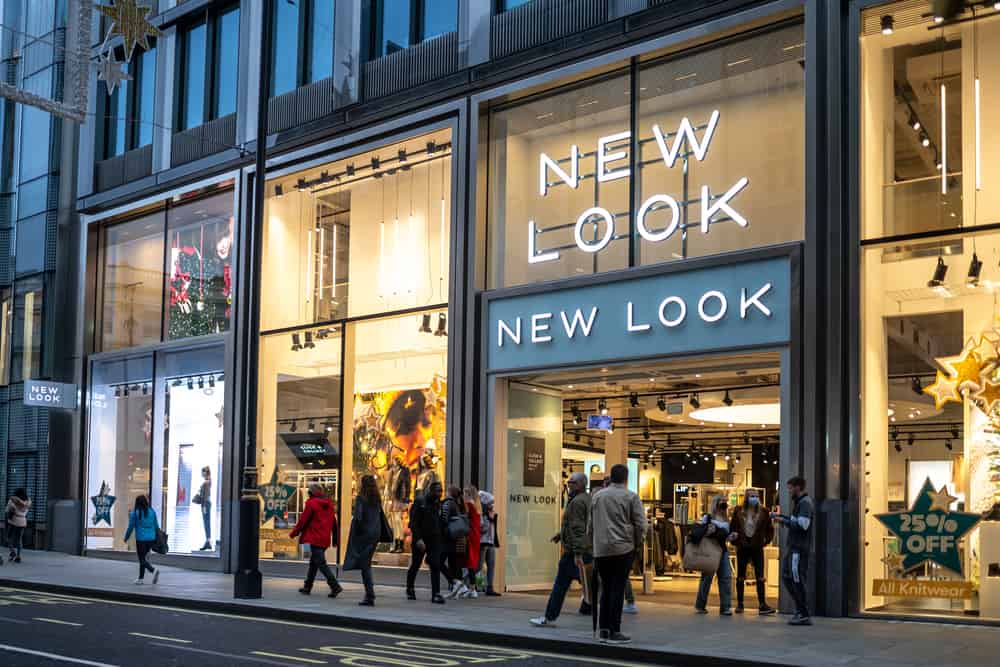Keeping on top of your supply chain and logistics operations is vital to help to prevent fraud and other ![]() crimes taking place within your business, says Michael Harris, director, financial crime compliance at LexisNexis Risk Solutions.
crimes taking place within your business, says Michael Harris, director, financial crime compliance at LexisNexis Risk Solutions.
For all its complexity, for all the people hours, route planning, re-planning and deal making, a global logistics operation ultimately boils down to one goal: have the delivery arrive with the customer on time.
Whilst this dedication to customer satisfaction is commendable, it can come at a cost. As logistics becomes increasingly outsourced and various operators form partnerships, transparency and oversight becomes muddied. With global logistics companies so affixed to the end goal, rather than scrutinising every step of the journey at a local level, unscrupulous activities can sneak into the supply chain undetected.
Now criminal activity in logistics is nothing new. We’ve all heard the phrase “it fell off the back of a lorry” in countless films, after all. Asset misappropriation, however, is just one issue that global logistics companies face, and the current geopolitical climate has created far more opportunity and incentive for far more abhorrent crimes to operate within global supply chains.
Take the very real issue of modern slavery. Recent figures from the Chartered Institute of Procurement & Supply show that nearly a third of UK supply chain managers do not think their business is taking the necessary steps to ensure modern slavery is not present within their supply chain. And they’d be right. Since the introduction of the UK Modern Slavery Act three years ago, only a quarter of companies that the Act applies to have undertaken site inspections to check for evidence of slavery or human trafficking.
Plainly speaking, this is not good enough. If logistics companies want to ensure their supply chains are free from this, and other crimes, they’ll need to act fast. Brexit may hinder the free movement of UK goods across EU borders, there’ll be more stops, more links in the chain and, ultimately, more opportunity for criminals to operate.
Prevention, of course, is better than cure, and logistics companies need to take a more robust risk-based approach that addresses the variety and scope of the issues within the supply chain. Supplier vetting processes need to look beyond the third party and to the extended risk factors associated with them. Do you know the beneficial owner of this supplier and their background, for example?
Risk management companies can offer special search functions on potential suppliers above and beyond your standard Google search. This will flag any past instances of corruption, or suspected corruption within the supplier themselves, and also any linked entities.
It’s imperative that due diligence assessments are tailored to each supplier and their unique situation. A one-size fits all policy is insufficient. How often are you likely to do business with this supplier? Are they, or have they, operated in a more high-risk jurisdiction? As goods flow from one jurisdiction into another there’s risk of artificially inflated invoices, goods never actually being shipped (otherwise known as ghost goods), and chicanery around the value of the goods being shipped.
Recent OFAC sanctions have left the international sanctions regime more complex than ever, is there any possibility you might end up infringing upon a sanction?
These are all questions logistics companies need to be asking themselves at every point of the supply chain. Thankfully, technology is playing a key role in making this a far more streamlined, achievable task.
Although the logistics sector was a little slower on the uptake, the past few years has seen the emergence of technology platforms and software that help manage third-party risk in supply chains much more effectively. For instance, AI-driven smart due diligence systems can vet suppliers automatically and raise red flags when necessary. This level of automation provides speed and cost-effectiveness, but without compromising on identifying risk.
Technology of course, is only one piece of the puzzle, and logistics companies need to wake up to the myriad risks that, birthed by the complexity of the industry, and spurred on by geopolitical instability, can proliferate within the supply chain.
Michael Harris, director, financial crime compliance at LexisNexis Risk Solutions
Image credits: Fotolia and LexisNexis Risk Solutions








